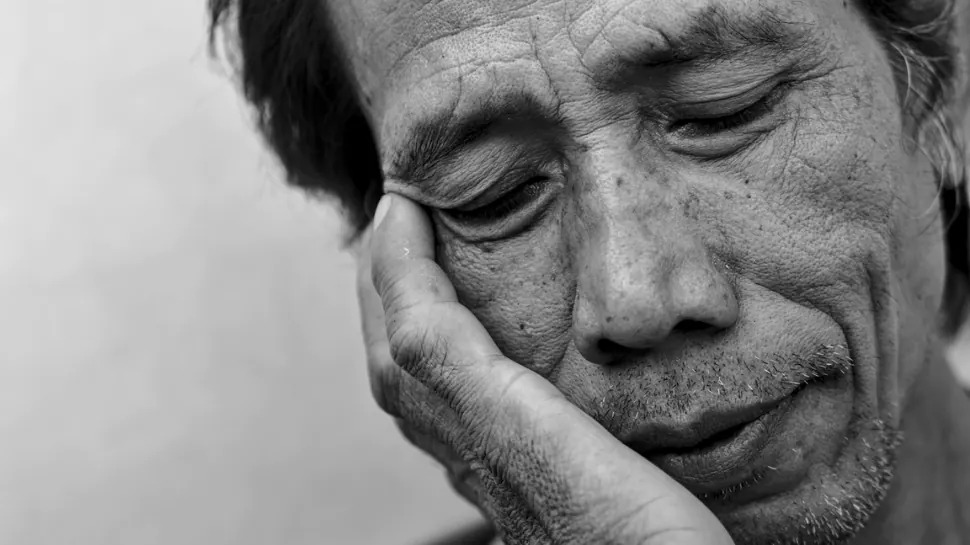warmer-than-average temperatures eroded human sleep, “mainly by delaying when people fall asleep and advancing when they wake up during warm weather.”
London: Rising ambient temperatures, caused by human-induced climate change, may negatively affect the way humans sleep around the world, according to a study. The study, published in the journal One Earth, suggests that by 2099, suboptimal temperatures may erode 50 to 58 hours of sleep per person per year.
In addition, it found that the effect of temperature on sleep loss is substantially greater for residents of low-income countries, as well as for older adults and women.
“Our results indicate that sleep, a restorative process essential for human health and productivity, maybe degraded by warmer temperatures,” said first author Kelton Minor of the University of Copenhagen in Denmark.
“To make informed climate policy decisions in the future, we must take better account of the full spectrum of plausible future climate impacts that extend from today’s societal greenhouse gas emissions choices,” Minor added.
It has long been known that hot days increase deaths and hospitalizations and worsen human performance, but the biological and behavioral mechanisms underlying these impacts are not well understood.
The study provides the first planetary-scale evidence that warmer-than-average temperatures eroded human sleep, “primarily by delaying when people fall asleep and advancing when they wake up during warm weather,” Minor said.
For the study, the team used sleep data collected from 7 million overnight sleep records from more than 47 000 adults wearing accelerometer-based sleep-tracking wristbands in 68 countries on every continent except Antarctica.
The study suggested that on very warm nights (over 30 degrees Celsius), sleep decreases by an average of just over 14 minutes. The likelihood of sleeping less than seven hours also increases as temperatures rise.
“Our bodies are highly adapted to maintain a stable core body temperature, something our lives depend on,” said Minor.
“However, every night they do something remarkable without most of us consciously knowing it: they throw heat from our core out into the environment by dilating our blood vessels and increasing blood flow to our hands and feet.”
He added that for our bodies to transfer heat, the surrounding environment must be cooler than we are.
The team also found that under normal living routines, people seem to adapt much better to colder outdoor temperatures than to warmer conditions.
“Across seasons, demographics, and different climatic contexts, warmer outdoor temperatures steadily erode sleep, and the amount of sleep loss progressively increases as temperatures rise,” Minor said.








0 Comments